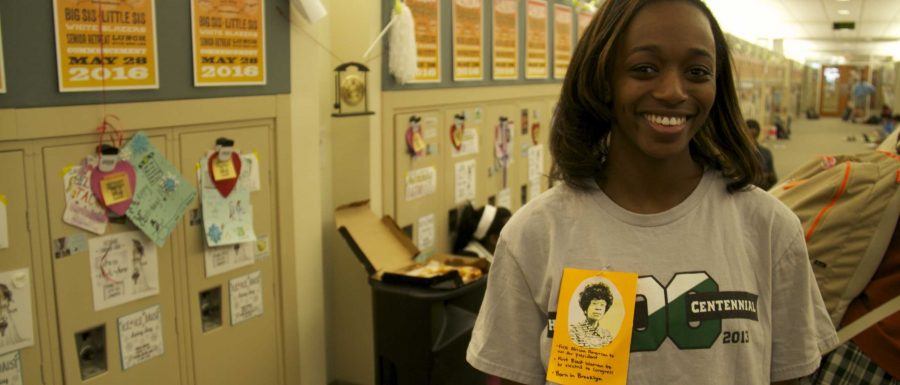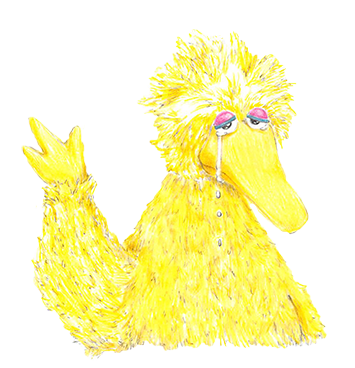With an activity for form points, a game of Kahoot! and a documentary screening, Hockaday’s Black Student Union honored Black History Month with more than just the usual assembly.
Before last year, the Convocations Board was in charge of planning events for Black History Month. Now, Black Student Union, a club in its second year of operation, works in conjunction with the board to create activities that educate students about black history.
Usually, the assembly honors black heritage in general and famous activists and pioneers. But this year, co-presidents of the club, Brianna Buford and Alex Shaw, wanted the assembly to focus specifically on black women.
“[Our club] talked about how you always hear about the same people, like Martin Luther King and Rosa Parks so we wanted to do people that aren’t so talked about,” Buford said.
Instead of an overview of black history and key figures, the assembly focused on five black women from different fields, including ballet dancer, Misty Copeland and transgender rights activist, Janet Mock.
As a member of the Student Diversity Board, sophomore Anden Suarez recognized the importance in this subtle change to the presentation. She noted that the information about Janet Mock was one of her favorite parts of the assembly.
“This inclusion was a fantastic reminder of the fact that we must not only celebrate the black community during Black History Month, but also the diversity within this community,” Suarez said.
With the help of faculty sponsor Summer Hamilton, the club was able to extend the Black History Month’s events throughout the week. During lunch on Wednesday, Feb. 24 they organized a trivia game, Kahoot!, with questions about black history. The following day, they held a competition for form points where students would try to correctly guess a figure from black history based on facts or pictures worn by members of the club. Friday consisted of music by African American singers during lunch and the celebration came to a close with a documentary showing on March 2.
“The students in the Black Student Union didn’t want Black History Month to simply consist of perfunctory attendance at an assembly…they wanted it to be a learning experience that…would linger throughout the year,” Hamilton said
While there are some people that argue Black History Month is no longer needed, both Buford and Hamilton explained why it is so important to celebrate black history at not only Hockaday, but in the country.
Although Hamilton acknowledged the improvement in treatment of black Americans throughout history, she also pointed out the scarcity of positive, black stories in mainstream media today.
“We can take pride in the fact that, to quote Drake, we ‘started from the bottom, now we here.’ [But,] we have to go further than here, [although] being here is quite an accomplishment,” Hamilton said.
Buford agreed that, right now, Black History Month is a necessity in America. She hopes that the United States can reach a point where citizens do not need a month dedicated to black history because it is already a part of American textbooks, history and culture.
“In the future, hopefully we won’t need this month, but right now history is too whitewashed to not talk about minority history,” Buford said.
Buford, Shaw, Hamilton and the members of the Black Student Union worked to create events that benefitted the Hockaday community by ensuring that the students would learn about black history beyond their textbooks and media.
Hamilton said, “Because of Hockaday’s diversity, it is important to recognize the needs of its smaller, less represented populations…we should graduate young women who not only know about black history but who also know why it’s important to know about black history.”














